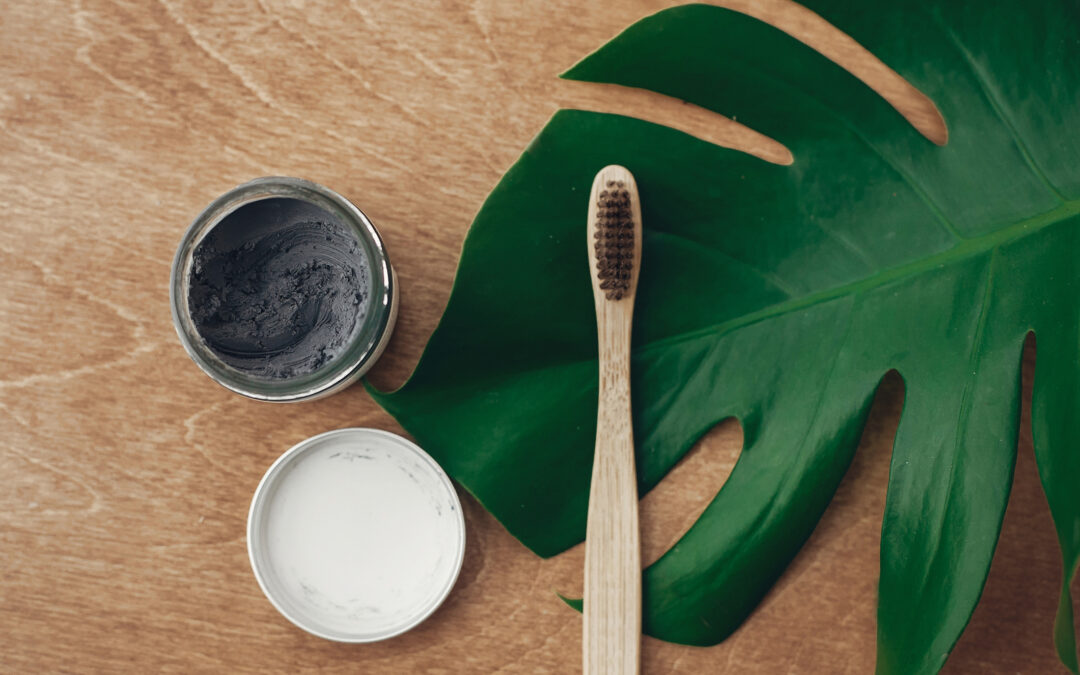Charcoal products have gained popularity in recent years for their purported health and beauty benefits. From shampoos to toothpaste and face masks, the charcoal trend seems to have infiltrated almost every aspect of personal care.
Charcoal Shampoos
Charcoal shampoos have become a trendy choice for many seeking a deep cleanse for their hair and scalp. Activated charcoal in shampoos is believed to draw out impurities, excess oil, and product buildup, leaving your hair feeling fresh and clean. It’s important to note that there is limited scientific evidence to support these claims. If you have a sensitive scalp or dry hair, charcoal shampoos might not be the best choice for you. Always check the ingredients and consult a dermatologist if you have concerns about their suitability for your hair type.
But for those who do benefit from charcoal shampoos, there are a few things to keep in mind. It’s essential to choose the right shampoo for your hair type and concerns. Some charcoal shampoos may contain harsh ingredients that can strip your hair of its natural oils and cause dryness. Look for products with nourishing ingredients like coconut oil or argan oil to counteract this effect. Make sure to rinse thoroughly to avoid any residue buildup on your scalp.
Charcoal Toothpastes
Charcoal toothpaste is another product that has gained popularity, largely due to the belief that it can whiten teeth and provide a deep clean. Dentists often caution against using charcoal toothpaste. The abrasive nature of charcoal makes it a bad choice for your teeth.
Potentially causing enamel erosion and increased tooth sensitivity. If you’re looking for a brighter smile, it’s better to opt for traditional teeth whitening methods recommended by dental professionals. Charcoal toothpaste does not contain fluoride which is essential for preventing cavities and maintaining overall oral health. Fluoride helps to strengthen enamel and protect against acid attacks from plaque and bacteria. While the use of charcoal toothpaste may provide a temporary whitening effect, it’s important to consider the potential long-term damage to your teeth before using it regularly.
Charcoal Face Masks
Charcoal face masks have become a skincare staple for those seeking to unclog pores and achieve clearer skin. The idea is that activated charcoal can absorb excess oil and impurities from the skin, leaving it fresh and revitalized. While charcoal face masks can provide a temporary improvement in the appearance of your skin, they may not be suitable for everyone. Charcoal masks can be drying and irritating, especially for individuals with dry or sensitive skin. It’s essential to patch-test and monitor how your skin reacts to these masks before incorporating them into your skincare routine.
That being said, there are a variety of charcoal face masks on the market, each with its own unique formulations and benefits. Some may contain additional ingredients such as clay or essential oils to target specific skin concerns like acne or redness. Others may have added moisturizing properties to combat any potential dryness caused by the charcoal.
Charcoal products have gained popularity in the beauty and personal care industry, with claims to offer various benefits. It’s crucial to approach these products with caution and awareness. Always research and consult with professionals before using any new product.
Did You Enjoy Reading This Article? Here’s More to Read: Tips for Bringing Your Grocery Bill Down

